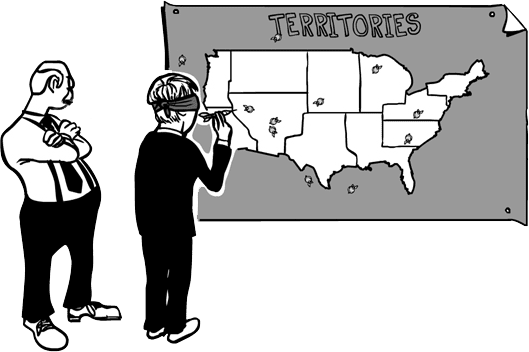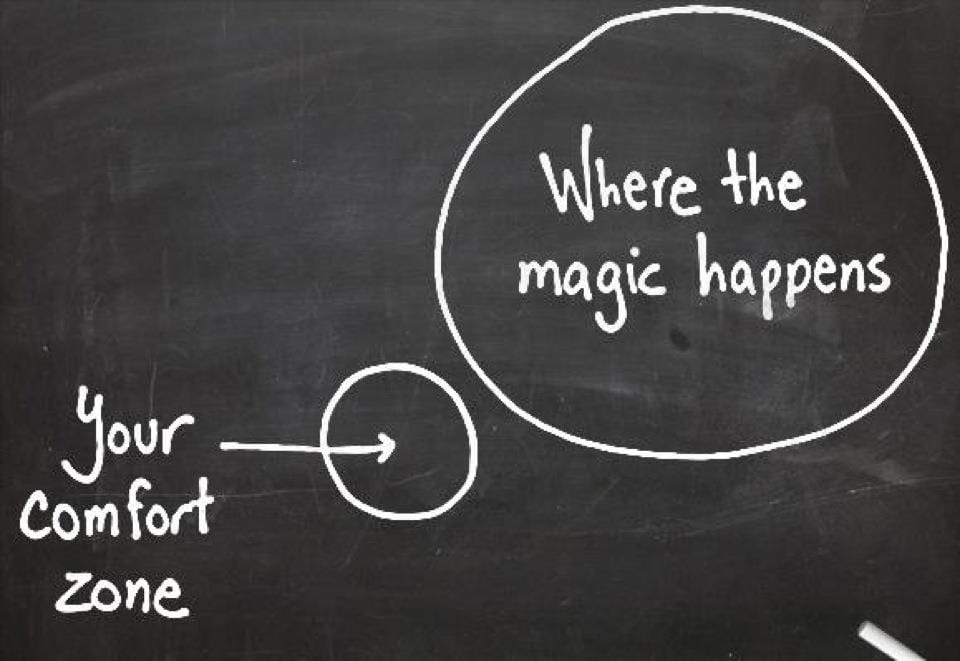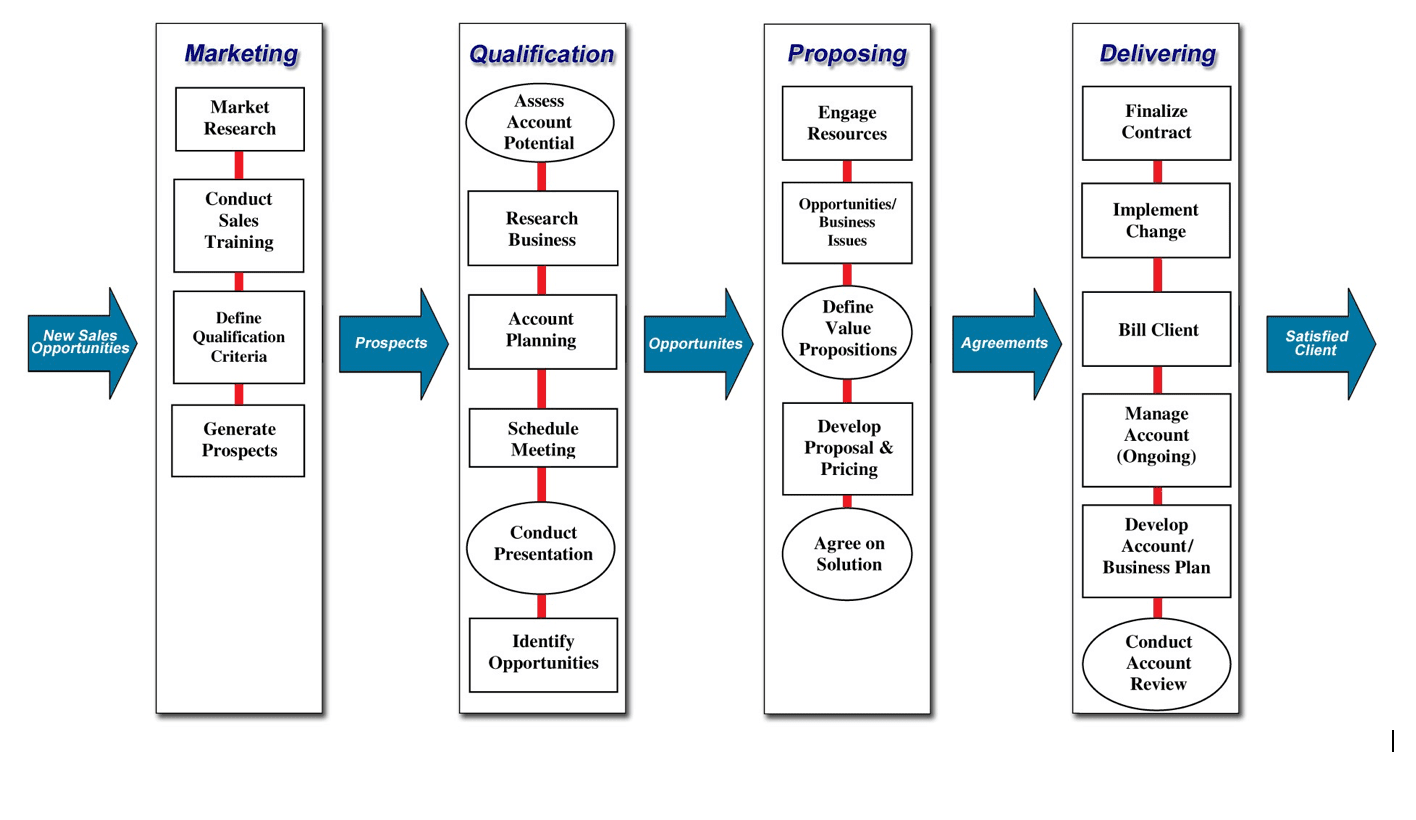Learning how to brainstorm with a group of people can improve productivity, employee morale and provide creative new ideas and solutions to problems. Brainstorming is meant to help you produce as many new ideas as possible to solve the problem at hand. When brainstorming it is important that you take in as many ideas as possible and save your criticism and evaluation of those ideas for later. Your group should feel like there are no bad ideas. By doing this, your group will stimulate each other and will be able to come up with more ideas.
How to Brainstorm with A Group: The Process
Before You Brainstorm
1. Define Your Purpose
Ask yourself, what do you want to walk out of the meeting with?
2. Choose Your Participants
Be sure to only choose as many participants as you can handle. The group should be small enough so that all participants have a chance to participate. A good brainstorming session can have 5-10 people.
3. Pick a New Environment
By choosing a new place to have a brainstorming session you are setting this meeting apart from other meetings. This will make it easier for the participants to suspend judgement.
4. Be Informal
Do what it takes to get your group relaxed. Suggest wearing comfortable clothes, taking off your tie or jacket and/or calling each other by first names. This will help with the flow of ideas.
5. Choose a Facilitator
Someone at the meeting needs to make sure the group stays on track, reinforces ground rules, stimulates the conversation by asking questions and that everyone gets a chance to speak.
During Your Brainstorming Session

1. Set the participants side by side facing the problem
People sitting side by side in a semicircle or facing a blackboard tend to respond to the problem depicted in front of them. They will tackle the common problem together. Opposed to facing each other and engaging in dialogue or argument.
2. Clarify the ground rules, include the no-criticism rule.
If the participants are strangers, begin with introductions. Then clarify the ground rules and make it clear that negative criticism of any kind is not tolerated. You may also want to state that the meeting is off the record and any ideas used will be anonymous.
3. Start Coming up with Ideas
Once the rules are clear and everyone is introduced. Start coming up with a list of ideas by allowing your facilitator to start asking questions. Write down every idea and make sure they are in full view for everyone to see. This will help stimulate other ideas and reduce the tendency to repeat ideas already stated.
After Brainstorming
1. Take a Break
It is important to let the ideas soak in for an hour or maybe even a day. So try to take a break, lunch or a full day before considering the ideas.
2. Mark Promising Ideas
Once you have taken a break, revisit the list of ideas and star the most promising ideas. Mark the ideas that members of the group think are best.
3. Invent New Ideas for Promising Ideas
Take one new promising idea at a time. Invent ways to make it better and more realistic while coming up with ways to make it a reality.
Brainstorming sessions free people to think creatively. This allows them to generate new creative solutions more easily. If you were asking who should receive a grammy, you would almost certainly come up with a better answer if you evaluated 100 contestants, rather than choosing one person right there on the spot.
The key to coming up with good solutions comes from choosing from a wide variety of options. Collective brainstorming creates opportunities for different ideas from varieties of perspectives, which can be discussed together as a team effort for more innovation and improvements to the overall brand.
Learn how to brainstorm with a group and you will be able to come up with a wide variety of options that you can use to solve common problems in sales and in life.








 person who can grab attention, maintain a conversation, and make the other person feel like all their attention is being given directly to them is a real salesperson. Fulfilling the need of every person to be heard is what makes great salesmen. Your customer wants to know that they matter to someone else. If you are a smart salesperson, you will be that someone else. And the sale is yours.
person who can grab attention, maintain a conversation, and make the other person feel like all their attention is being given directly to them is a real salesperson. Fulfilling the need of every person to be heard is what makes great salesmen. Your customer wants to know that they matter to someone else. If you are a smart salesperson, you will be that someone else. And the sale is yours. minutes to pitch your sale to your potential customer. Are you going to blow it rambling on about something that may or may not matter? If you can’t communicate clearly then you have already lost your sale.
minutes to pitch your sale to your potential customer. Are you going to blow it rambling on about something that may or may not matter? If you can’t communicate clearly then you have already lost your sale. you if you can’t be trusted. If a customer comes to you with a complaint, they should feel reassured that you are handling the problem, and they can count on you to get the job done. In addition to that, if you are selling a product or a service then you need to be able to stand behind that product or service. If you can’t, your ability to sell will suffer tremendously.
you if you can’t be trusted. If a customer comes to you with a complaint, they should feel reassured that you are handling the problem, and they can count on you to get the job done. In addition to that, if you are selling a product or a service then you need to be able to stand behind that product or service. If you can’t, your ability to sell will suffer tremendously.
 customer wants to know where the part number 11,342,051 was made, then you need to know exactly where that part was made and preferably the workers name who made it. Now this is an extreme example, but this is the mark of an outstanding salesperson.
customer wants to know where the part number 11,342,051 was made, then you need to know exactly where that part was made and preferably the workers name who made it. Now this is an extreme example, but this is the mark of an outstanding salesperson.